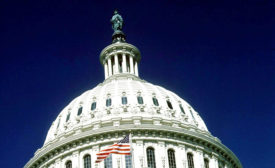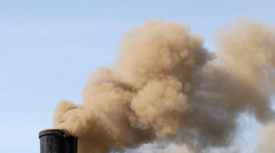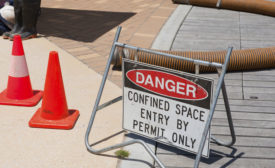Government Safety Regulations
One year later: Is respirable coal dust rule is working?
MSHA’s Main says industry compliance is at 99 percent
August 19, 2015
EPA proposes stronger standards for high-risk pesticide application
Wants improved training, minimum age requirements for certified applicators
August 6, 2015
Obama unveils plan to drastically reduce emissions from power plants
Calls climate change a threat to the future
August 4, 2015
Never miss the latest news and trends driving the safety industry
eNewsletter | Website | eMagazine
JOIN TODAYCopyright ©2024. All Rights Reserved BNP Media.
Design, CMS, Hosting & Web Development :: ePublishing






